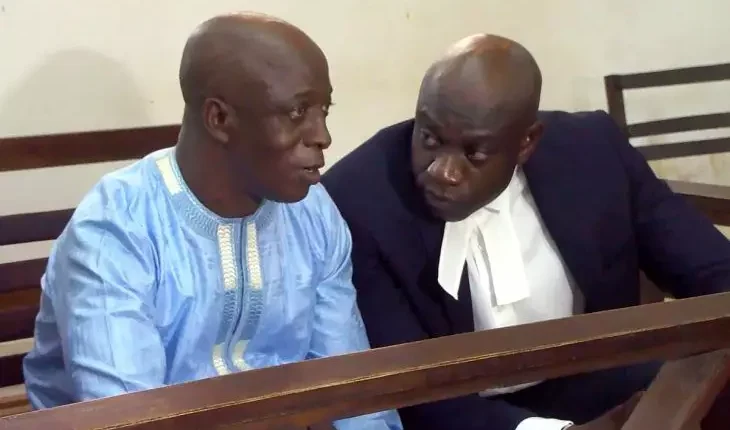Gambia’s Supreme Court has commuted the death sentence of a former government minister convicted of murdering the country’s finance minister, replacing it with life imprisonment.
The ruling, delivered on Tuesday, upheld the conviction of Yankuba Touray for the 1995 murder of Ousman Koro Ceesay, but spared him the gallows. Instead, the court ordered that Touray serve a life term in a prison facility outside the capital, Banjul.
The case has drawn significant attention in the small West African nation, both as a rare instance of accountability for crimes committed during the 22-year regime of former dictator Yahya Jammeh and as a test of Gambia’s moratorium on capital punishment.
A 2021 report by Gambia’s Truth, Reconciliation and Reparations Commission recommended prosecutions for killings, torture, and other abuses committed during Jammeh’s rule. Jammeh fled into exile in Equatorial Guinea in 2017 after losing the presidential election to current President Adama Barrow.
Though Gambia has maintained a moratorium on the death penalty since 2018, courts have continued to hand down death sentences for crimes committed under Jammeh’s regime. None of the sentences have been carried out, but they have fueled national debate over the future of capital punishment in the country.
In 2022, the former head of Gambia’s intelligence agency and four other ex-officials were sentenced to death for the 2016 killing of pro-democracy activist Solo Sandeng, a fierce critic of Jammeh.
While prosecutions within Gambia remain limited, a few high-profile cases have reached international courts. In 2024, a Swiss court convicted former Gambian interior minister Ousman Sonko of crimes against humanity and sentenced him to 20 years in prison—a landmark ruling under Europe’s principle of universal jurisdiction.
Also on Tuesday, a U.S. jury convicted a man linked to “The Junglers,” a notorious paramilitary group that operated during Jammeh’s regime, of engaging in torture.
These prosecutions mark significant steps toward justice for victims of Jammeh-era abuses, even as the nation grapples with the legacy of its authoritarian past.


